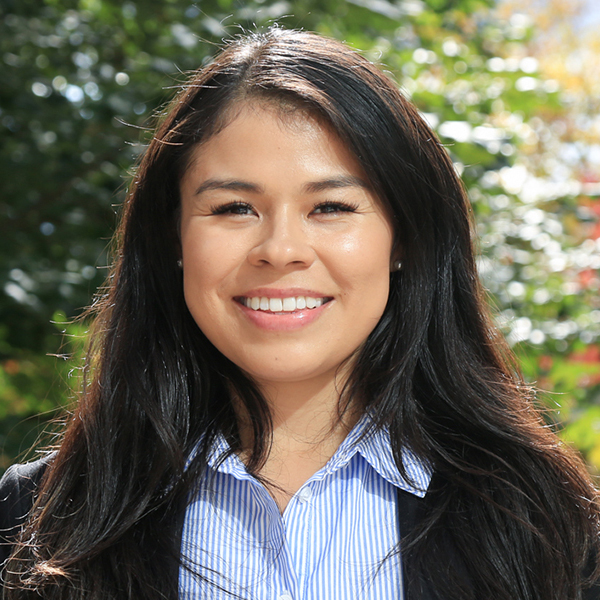 One topic in the news that resonates with my degree in behavioral health is the increasing attention to “sober curiosity” and the benefits of mindfulness in supporting sobriety. These discussions reflect the broader societal shift toward integrative health approaches, like meditation and yoga, in addressing addiction. My research at Heller has taught me the importance of accessibility, particularly for vulnerable populations, and how these practices can be transformative when paired with systemic support and evidence-based policy.
One topic in the news that resonates with my degree in behavioral health is the increasing attention to “sober curiosity” and the benefits of mindfulness in supporting sobriety. These discussions reflect the broader societal shift toward integrative health approaches, like meditation and yoga, in addressing addiction. My research at Heller has taught me the importance of accessibility, particularly for vulnerable populations, and how these practices can be transformative when paired with systemic support and evidence-based policy.I’ve been listening to podcasts like 'The Huberman Lab' and 'On Being' that delve into mindfulness, neuroscience, and whole-person health. These align closely with my research on integrative health practices, such as meditation, and their role in supporting sobriety and mental health. They provide not only scientific insights but also practical tools for applying these concepts to everyday life. Additionally, I enjoy watching YouTube channels like “The School of Greatness’ and 'TEDx Talks' that cover topics related to mental health, personal growth, and the integration of wellness practices into daily routines. These platforms serve as an extension of what I’ve learned at Heller, reinforcing how critical it is to bridge research with accessible, actionable strategies for improving health outcomes.
One key takeaway from Heller is the profound impact of social determinants of health on individual well-being. Integrative health practices like meditation, while beneficial, aren’t accessible to everyone due to systemic barriers such as cost, stigma, and lack of education. To create lasting change, we need to advocate for policies that make these resources available to all, especially in underserved communities. Everyone should understand that health is deeply interconnected with equity and inclusion.
At Heller, wellness is a priority, and we regularly have events to support students' mental health and well-being. Most recently, we had 'Waffles and Wellness,' where we got to enjoy delicious waffles (with kosher and gluten-free options) and connect with the Brandeis Counseling Center (BCC) Graduate Community Therapy Team. Events like these emphasize the importance of community, self-care, and accessible wellness resources, which ties into my belief that health must be approached holistically and inclusively.
